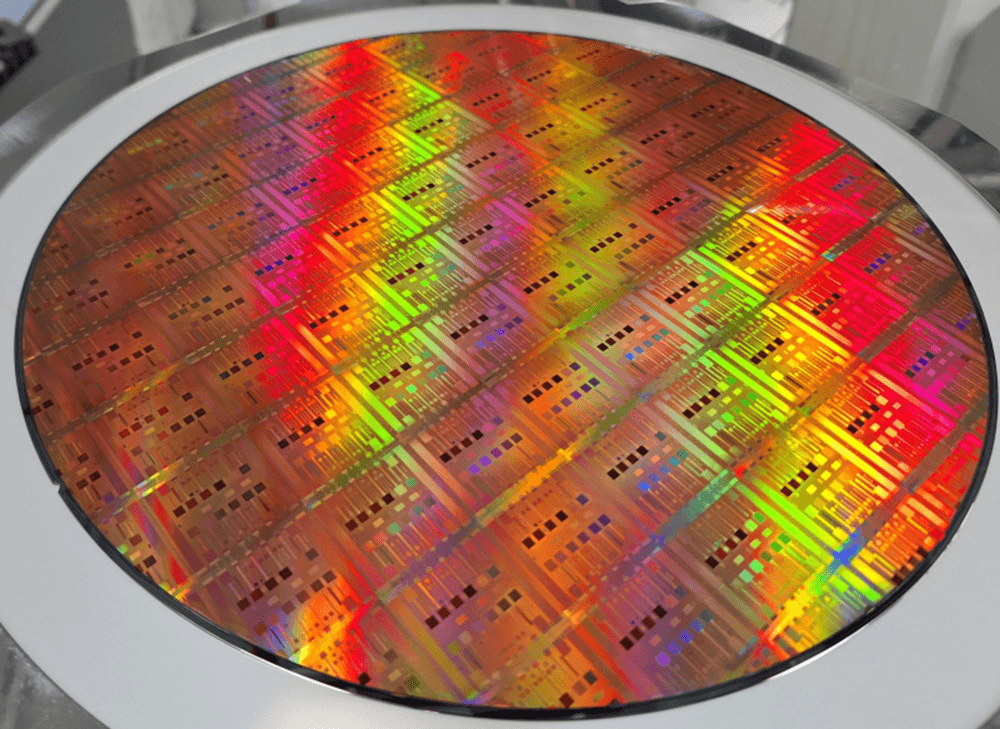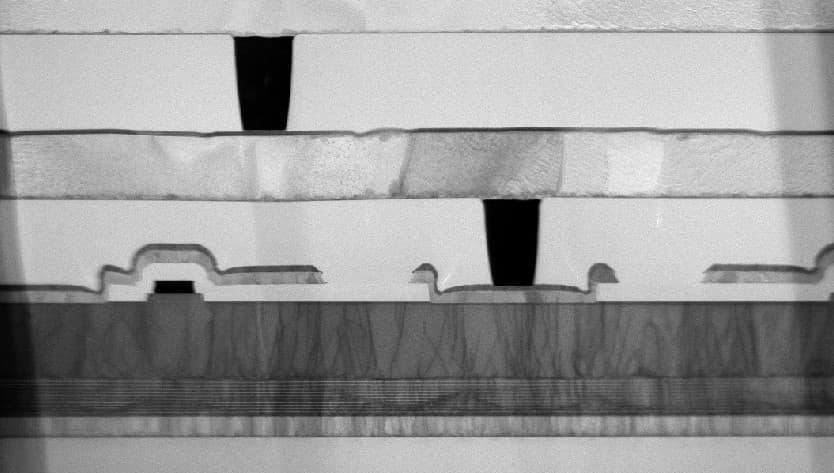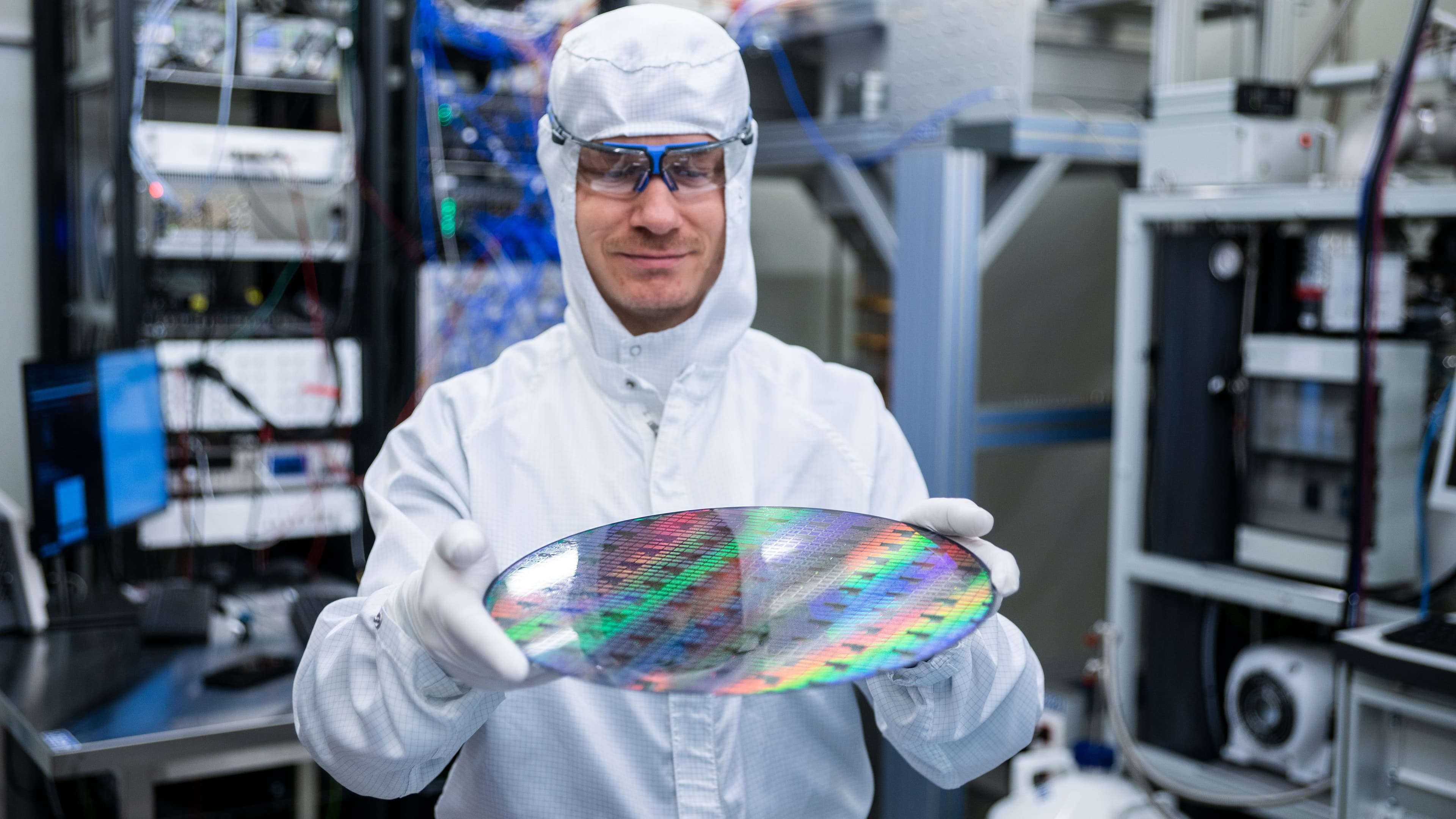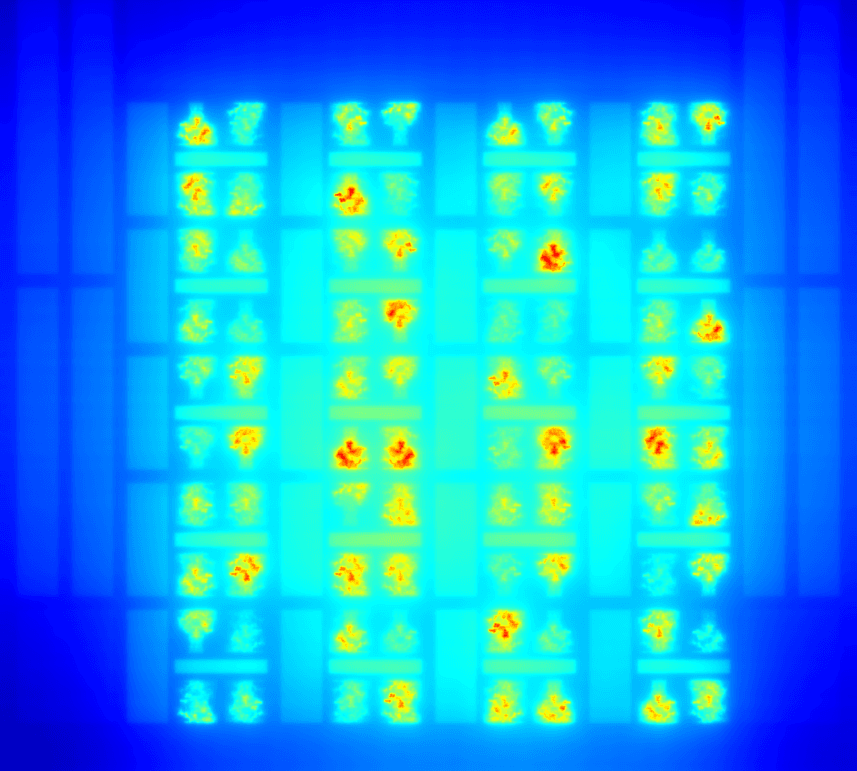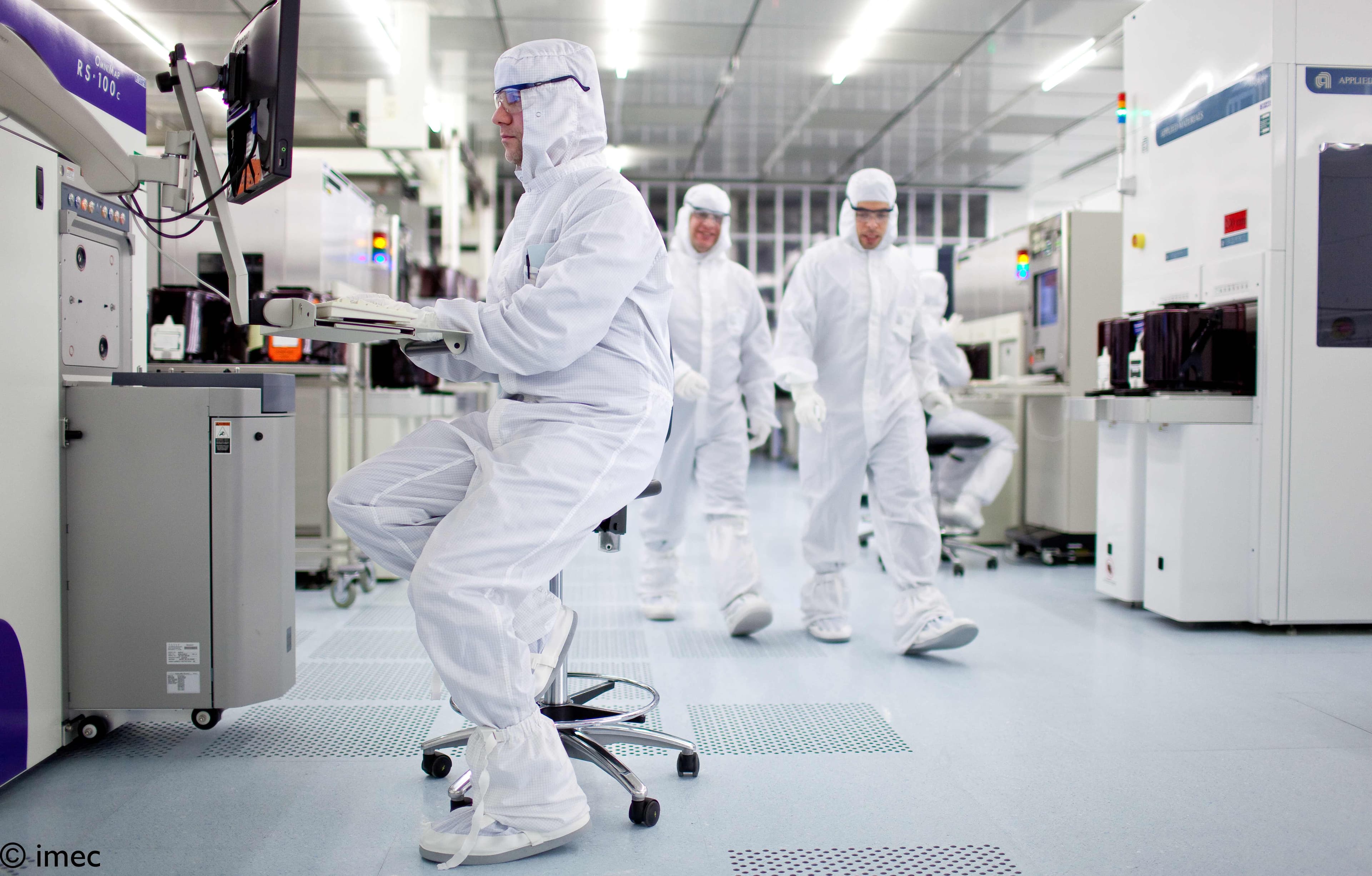Brain scientists led by Sebastian Haesler (NERF, empowered by IMEC, KU Leuven and VIB) have identified a causal mechanism of how novel stimuli promote learning. Novelty directly activates the dopamine system, which is responsible for associative learning. The findings have implications for improving learning strategies and for the design of machine learning algorithms.
Novelty and learning
A fundamental type of learning, known as associative learning, is commonly observed in animals and humans. It involves the association of a stimulus or an action with a positive or negative outcome. Associative learning underlies many of our every-day behaviors: we reward children for doing their homework, for example, or limit their TV time if they misbehave.
Scientists have known since the 1960’s that novelty facilitates associative learning. However, the mechanisms behind this phenomenon remained unknown. “Previous work suggested that novelty might activate the dopamine system in the brain. Therefore we thought that dopamine activation might also promote associative learning.” says Prof. Sebastian Haesler, who led the study.
Sniffing out novelty
To demonstrate that novelty indeed activates dopamine neurons, the researchers exposed mice to both new and familiar smells.
“When mice smell a novel stimulus, they get very excited and start sniffing very rapidly. This natural, spontaneous behavior provides a great readout for novelty perception.” explains Dr. Cagatay Aydin, postdoc in the group of Sebastian Haesler. With the mouse experiments, the team confirmed dopamine neurons were activated by new smells, but not by familiar ones.
In a second step, the mice were trained to associate novel and familiar smells with reward.
“When we specifically blocked dopamine activation by novel stimuli in only a few trials, learning was slowed down. On the other hand, stimulating dopamine neurons during the presentation of familiar stimuli accelerated learning.” says Joachim Morrens, PhD student in the group.
The value of novelty
The findings demonstrate that dopamine activation by novel stimuli promotes learning. They further provide direct experimental support for a group of theoretical frameworks in computer science, which incorporate a ‘novelty bonus’ to account for the beneficial effect of novelty. Incorporating such a bonus can speed up machine learning algorithms and improve their efficiency.
From a very practical perspective, the results remind us to break our routine more often and seek out novel experiences to be better learners.
Publication
Morrens et al. 2020. Cue-evoked dopamine promotes conditioned responding during learning. Neuron
Funding
Funding came from HFSP, EC Marie Curie and FWO.
Questions from patients
A breakthrough in research is not the same as a breakthrough in medicine. The realizations of VIB researchers can form the basis of new therapies, but the development path still takes years. This can raise a lot of questions. That is why we ask you to please refer questions in your report or article to the email address that VIB makes available for this purpose: patienteninfo@vib.be. Everyone can submit questions concerning this and other medically-oriented research directly to VIB via this address.
Contact
Sebastian Haesler (NERF, empowered by imec, KU Leuven and VIB)
Mobile.: +32 473 78 10 10
Mail: sebastian.haesler@nerf.be
Liesbeth Aerts (Press Communication NERF)
Mobile: +32 498 63 67 39
Mail: Liesbeth.Aerts@nerf.be
Katrina Wright (Communications manager VIB)
Tel.: +32 9 244 66 11
Mail: Katrina.Wright@vib.be
Note to the editor
Credits
When reporting on this news, please mention all partners involved. When retweet mention us: @VIBLifeSciences @KU_Leuven @__NERF @sebhaesler @imec_int
VIB
Basic research in life sciences is VIB’s raison d’être. VIB is an independent research institute where some 1,500 top scientists from Belgium and abroad conduct pioneering basic research. As such, they are pushing the boundaries of what we know about molecular mechanisms and how they rule living organisms such as human beings, animals, plants and microorganisms. Based on a close partnership with five Flemish universities – Ghent University, KU Leuven, University of Antwerp, Vrije Universiteit Brussel and Hasselt University – and supported by a solid funding program, VIB unites the expertise of all its collaborators and research groups in a single institute. VIB’s technology transfer activities translate research results into concrete benefits for society such as new diagnostics and therapies and agricultural innovations. These applications are often developed by young start-ups from VIB or through collaborations with other companies. This also leads to additional employment and bridges the gap between scientific research and entrepreneurship. VIB also engages actively in the public debate on biotechnology by developing and disseminating a wide range of science-based information. More info can be found on www.vib.be.
KU Leuven
KU Leuven is a leading European university dedicated to research, education and service to society. It is a founding member of the League of European Research Universities (LERU) and has a strong European and international orientation. Its sizeable academic staff conducts basic and applied research in a comprehensive range of disciplines. University Hospitals Leuven, its network of research hospitals, provides high-quality healthcare and develops new therapeutic and diagnostic insights with an emphasis on translational research. The University welcomes more 50,000 students from over 140 countries.Its doctoral schools organise internationally oriented PhD programmes for over 4,500 doctoral students. More info: www.kuleuven.be/english.
NERF
Neuro-Electronics Research Flanders (NERF) is a not-for-profit academic research initiative empowered by imec, KU Leuven and VIB, with the ultimate goal of forming a thorough understanding of brain function at multiple levels of detail ranging from cells and circuits to behavior. New insights into the operation of brain circuits are empowered by the development of novel technologies that integrate neurobiology and nano-scale engineering. NERF develops novel electronic, chemical and optical tools to monitor and manipulate brain circuits with high spatial and temporal resolution. More info: www.nerf.be
imec
More info: https://www.imec-int.com
Published on:
5 February 2020




